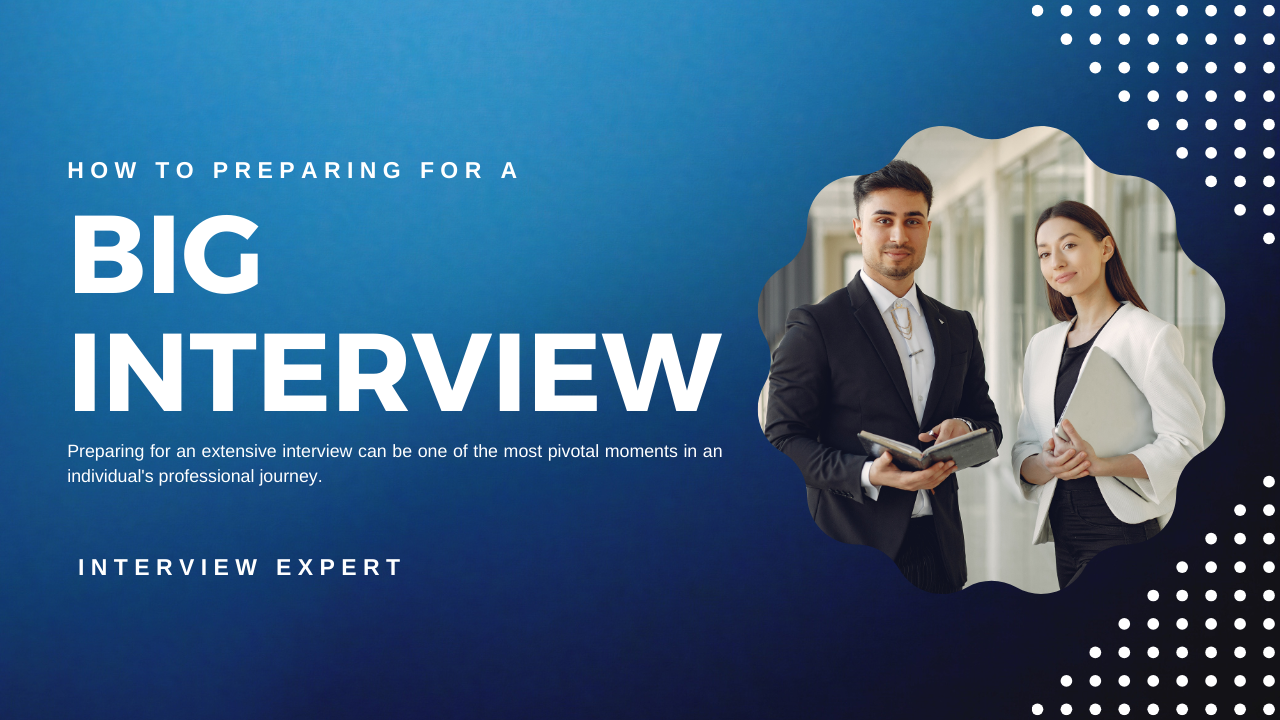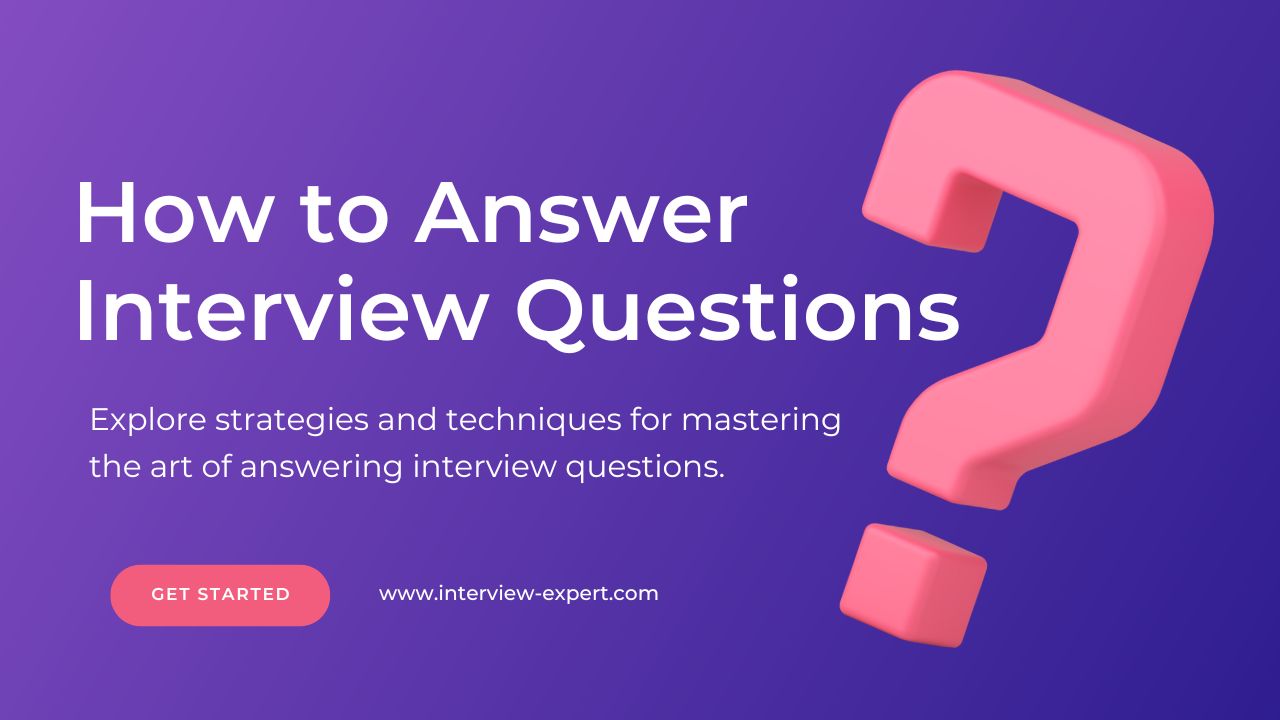
Job interviews are crucial for candidates to showcase their skills and qualifications to potential employers. Among the various questions asked during an interview, those related to skills are often pivotal in determining whether a candidate is the right fit for the role. This blog will delve into the significance of skill-related topics in a job interview and provide tips on addressing them effectively. Interview preparation is key to ensuring a successful interview.
Skills are the tangible assets that candidates bring to the table, making them integral to the success of any job role. Whether technical, soft, or a combination of both, skills play a vital role in demonstrating a candidate’s capability to perform the tasks associated with the position.
Common Types of Skill-Related Questions:
Communication Skills: Effective communication is a cornerstone of success in any role. Employers seek candidates who can articulate their ideas clearly, listen actively, and convey information in a way that resonates with colleagues, clients, and superiors. Interview preparation will help you to perfect your communication skills.
Teamwork and Collaboration: In today’s collaborative work environments, working effectively in a team is paramount. Soft skills like collaboration, empathy, and adaptability enable candidates to integrate into diverse teams and contribute to collective success seamlessly. During your interview preparation, take time to determine answers that can demonstrate your teamwork and collaboration.
Problem-Solving and Critical Thinking: Employers value candidates who can approach challenges with a problem-solving mindset. Soft skills such as critical thinking, creativity, and adaptability are instrumental in navigating complex situations and finding innovative solutions.
Adaptability and Flexibility: The business landscape is ever-evolving, and employers seek individuals who can adapt to change and thrive in dynamic environments. Soft skills related to adaptability, flexibility, and a positive attitude showcase a candidate’s resilience. During your interview preparation, ensure you have prepared answers that reflect adaptability and flexibility.
Empathy and Interpersonal Skills: The ability to understand and connect with others on an emotional level is a critical component of emotional intelligence. Employers appreciate candidates who demonstrate empathy, foster positive relationships, and navigate interpersonal dynamics with finesse.
Leadership and Influencing Skills: Even in non-managerial roles, leadership skills are highly valued. Soft skills associated with leadership, such as the ability to motivate, inspire, and influence others, contribute to a candidate’s potential for growth within the organization. Interview preparation is important to including leadership skills in your interview discussion.
Cultural Fit: Soft skills are pivotal in determining whether a candidate aligns with the company’s values and culture. Employers often consider how well a candidate’s soft skills complement the existing team dynamics and contribute to a positive work environment.
Client and Customer Relations: Soft skills are particularly crucial for client-facing roles. Building and maintaining positive relationships with clients or customers requires effective communication, empathy, and understanding and addressing their needs. During your interview preparation, it is vital to prepare to discuss your customer/client relations.
Career Advancement: Soft skills are essential for securing a job and long-term career advancement. Individuals with solid and soft skills are likelier to excel in leadership roles, navigate career transitions, and adapt to evolving industry demands. For your interview preparation time on this topic, set clear goals that you can share.
Professional Reputation: A positive professional reputation is often built on strong soft skills. Colleagues and superiors remember collaborative and communicative individuals who approach challenges with a positive attitude.
Vision and Strategic Thinking: Leaders possess a vision for the future and the ability to think strategically. During an interview, candidates with strong leadership abilities articulate a clear vision for their role, the team, and how they can contribute to the organization’s long-term goals.
Effective Communication: Communication is at the core of leadership. Candidates who can communicate persuasively, inspire others, and convey complex ideas succinctly are highly sought after. Practical verbal and written communication skills showcase a candidate’s ability to lead clearly.
Decision-Making and Problem-Solving: Leaders are often faced with tough decisions. Leadership’s ability to make informed decisions, analyze situations critically, and solve complex problems is crucial. Job interviews provide an opportunity for candidates to showcase their decision-making prowess. Interview preparation will help you to write down some of your more important decision making situations.
Motivating and Inspiring Others: Leadership is about motivating and inspiring others to achieve their best. During an interview, candidates with strong leadership abilities share examples of motivating teams, fostering a positive work environment, and contributing to collective success. Interview preparation will help you to perfect how to tell your motivation story.
Resilience and Adaptability: Leaders are resilient in the face of challenges and adaptable to change. Candidates who demonstrate resilience and flexibility during the interview process signal their ability to navigate uncertainties and lead teams through change. For your interview preparation time, ensure that you are documenting stories that reflect these skills.
Conflict Resolution: Effectively handling conflicts is a critical leadership skill. Candidates should be prepared to discuss instances where they successfully resolved conflicts within a team, fostering a collaborative and constructive work environment.
Delegation and Empowerment: Leaders understand the importance of delegation and empowering team members. Candidates should discuss their experience in delegating tasks, trusting team members, and fostering a sense of ownership among team members. During your interview preparation time, make sure to develop clear stories that reflect your ability to delegate and empower others.
Building a Positive Team Culture: Leaders contribute to developing a positive team culture. Sharing examples of how a candidate has fostered teamwork, camaraderie, and a shared sense of purpose within a team adds significant value during an interview.
Succession Planning: Employers look for leaders who excel in their current roles and contribute to the organization’s long-term success. Candidates with strong leadership abilities are often seen as potential leaders in succession planning. One of the best job interview tips is to ensure you discuss both long-term and short-term goals.
Innovation and Continuous Improvement: Leaders drive innovation and continuous improvement. During a job interview, candidates can highlight instances where they have led initiatives that resulted in positive changes, improvements, or innovation within their teams or organizations. Several job interview tips that are important are demonstrating innovation and continuous improvement.
Establishing Credibility: Honesty is the foundation of credibility. Candidates who are forthright about their experiences, skills, and qualifications build trust with interviewers. Employers appreciate candidates who present themselves authentically, as it sets a positive tone for the professional relationship.
Demonstrating Integrity: Employers value integrity in their employees. By being transparent about your background, achievements, and even challenges faced in the past, you demonstrate a commitment to ethical behavior. This, in turn, reflects positively on your character and integrity. One of the most important job interview tips is to present yourself with integrity.
Acknowledging Areas for Improvement: Employers understand that No candidate is perfect. When you are honest about your areas for improvement or skills still in development, it shows self-awareness. Employers appreciate candidates who are proactive about their professional growth.
Turning Challenges into Opportunities: Transparency allows you to address potential red flags in your professional history. Whether it’s a gap in employment, a career transition, or a setback, being open about these challenges enables you to showcase resilience and your ability to turn obstacles into opportunities. Job interviewing tips that demonstrate your ability to rise to the challenge is important.
Aligning Values: Companies often emphasize cultural fit during interviews. Being honest about your values, work style, and expectations helps both you and the employer assess whether there is a mutual fit. It’s better to be true to yourself rather than conform to a culture that might not align with your principles. During your job interview preparation time, it is essential that you determine if your values align with the companies.
Fostering Open Communication: Honesty sets the stage for open communication. Employers appreciate candidates willing to express their thoughts, concerns, and expectations openly. This not only contributes to a healthy work environment but also helps in avoiding misunderstandings down the line.
Building Long-Term Relationships: A foundation of honesty in the interview process sets the stage for a positive and long-term professional relationship. Employers are more likely to invest in employees who are transparent about their capabilities and are committed to their professional growth.
Earning Respect: Respect is earned through authenticity. When you are honest and transparent, you earn the respect of your colleagues and superiors. This respect is vital for career progression and being seen as a reliable and trustworthy team member.
In a world where first impressions matter, honesty and transparency in a job interview cannot be overstated. Authenticity builds trust with employers and allows you to navigate challenges, showcase your integrity, and set the stage for a positive and fulfilling professional journey. Remember, your true self is your greatest asset in pursuing a successful and meaningful career.
In the competitive landscape of job interviews, soft skills are the distinguishing factor that sets candidates apart. Beyond technical qualifications, employers value individuals with a rich tapestry of communication, collaboration, and emotional intelligence. Recognizing the importance of soft skills and showcasing them during a job interview enhances your chances of securing the position and positions you for long-term success in your professional journey.
In the competitive landscape of job interviews, leadership abilities stand as a beacon of excellence. Employers seek candidates who possess the technical skills for a role and demonstrate the capacity to lead, inspire, and drive positive change. By effectively showcasing leadership abilities during a job interview, candidates increase their chances of securing the position and position themselves for long-term success and impact within the organization. Interview Preparation will help with all of these items.
Mastering skill-related topics in a job interview is crucial for standing out as a candidate. By understanding the importance of technical and soft skills, preparing thoroughly, and providing compelling examples, candidates can increase their chances of impressing interviewers and securing their desired positions. Job interview tips are best to document so that you can Remember, a well-articulated discussion of your skills showcases your qua demonstrates your potential for organizational success.

6 days ago, admin

4 weeks ago, admin

3 months ago, admin

10 hours ago, admin

6 days ago, admin

1 week ago, admin

2 weeks ago, admin

2 weeks ago, admin